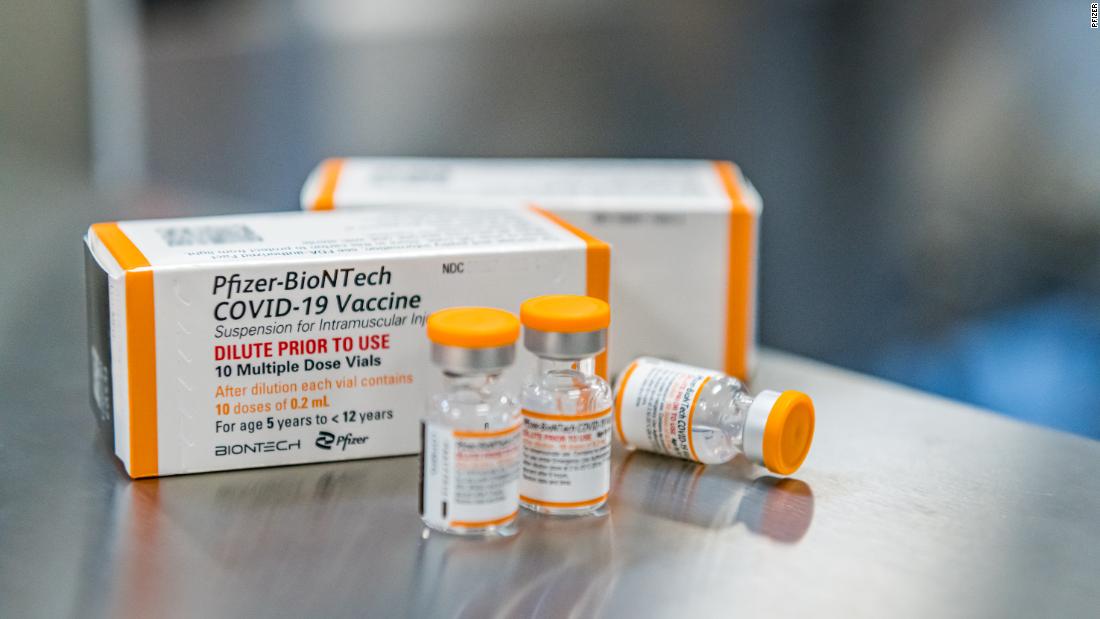Members of the panel agreed that the benefits of vaccinating younger children appeared to outweigh the risks
Myocarditis following Covid-19 vaccination is rare, but there’s still more study needed to learn about the long-term outcomes, a US Centers for Disease Control and Prevention’s Covid-19 response official told the US Food and Drug Administration’s vaccine advisers on Tuesday.
The FDA’s Vaccines and Related Biological Products Advisory Committee is meeting to consider whether to recommend the agency authorize Pfizer’s Covid-19 vaccine for people ages 5 to 11.
Rare incidents of myocarditis – inflammation of the heart muscle – have previously been linked to Pfizer’s Covid-19 vaccine.
Myocarditis is generally more common among young men, and that has been the case following Covid-19 vaccination, as well, Dr. Matthew Oster, a pediatric cardiologist, told the panel; the theory is that it’s linked to testosterone and hormone levels, which may explain why risk peaks in adolescence and young adulthood. If that pattern holds, Oster said, it would be expected that the risk would be lower for children ages 5 to 11, even following vaccination.
But presentations and outcomes for myocarditis can differ, Oster told the FDA’s advisers, and it’s not clear how easily the types of myocarditis can be compared. “Classic” myocarditis, like what was seen before Covid-19, is often linked to infections, but many times a cause is not identified, and it can be serious. Myocarditis can also occur after Covid-19, or from multisystem inflammatory syndrome in children, or MIS-C, a rare and serious Covid-19 complication that impacts children.
People who experienced myocarditis following Covid-19 vaccination tended to recover quickly, but data on potential long-term effects is limited, Oster said.
Among 1,640 reports of potential myocarditis in people age 29 or younger in the CDC’s Vaccine Adverse Event Reporting System through Oct. 6, 877 cases had been investigated and met the decision of myocarditis and another 637 cases were still under review, Oster said. Among the 877 confirmed cases, 829 resulted in hospitalization and 789 have been discharged. Seventeen cases remain hospitalized, with five in the intensive care unit.
“Not all myocarditis is the same. There may be some similarities in presentation with some or in acute outcomes with others,” Oster said. “We really need to see what the long-term outcomes for these kids will be. So far, the data for follow-up results is sparse but ongoing follow-up is in progress.”
![]()


